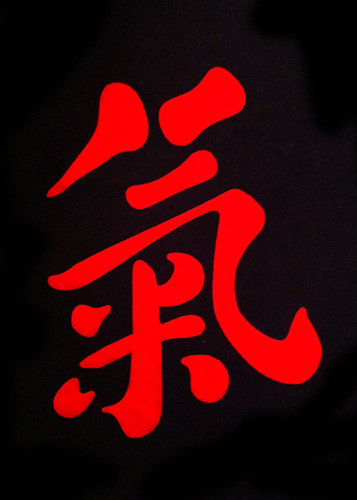
No matter what type of birth you have, the first hour after birth is meant to be savored. Both mother and baby have made it. The hard work is over and the instinctual acts of attachment and bonding are about to begin. Baby has so much work to do, learn to breathe, digest, find the food, etc..but these lessons have not begun yet. Think of this hour as an exhale, a big exhale after the bated breath of labor. No one needs to intervene, weigh, assess, or even show the baby where he is to get his nourishment from. Mom and baby know exactly what they are doing, it is a state of expansion after the contraction(s) of labor.
Recently, a fellow midwife deemed this hour, 'the healing hour'. Labor is a huge event, mother and child each feeling the grandness, and difficulty of it, well, they just need a moment to catch their breaths. An hour is not an exact measurement, but I find it nice to really try to guard that sixty minutes closely. Today's world moves fast enough, it impinges on every area of our life as it is, birth should be an exemption. For one hour, no visitors, no texts, no phone calls. Take advantage of the biological imperatives so firing in these moments, the baby's alert state, her large searching eyes, mother's oxytocin level the highest it will be in her life, take these and so many other reasons and fall in love. It is a love that cannot be weighed, swaddled, assessed, but one that in the moments after birth is begging to happen.
If this isn't enough reason to keep antsy nurses and fidgety midwives at bay, here are some more by the legendary Michel Odent. I have summed them up and clarified in certain instances. The full article can be found here.
1. Baby needs to breathe. Who is a better teacher of this, mom or incubator?
2. A short but crucial period, that will never be repeated. Ethologists have observed this period in birds and mammals and have concluded that it should never be disturbed. Why do we disturb it?
3. The first hour as the beginning of lactation. Babies have instincts too. Place them tummy to tummy between mom's breasts and watch them find their own nourishment. Also skin to skin has been shown to increase success in breastfeeding.
4. Metabolic adaptation. Babies use less of their precious glucose and fat when on mother. They use more when screaming from across the room, or being passed around to relatives. They can enter hour 2.
5. Thermoregulation. Babies stay warmer on mom, and they also learn how to keep themselves warm when sleeping near her. The womb didn't have great temperature variations, so they must adapt to the extremes on the outside and it takes awhile for them to be able to do that.
6. The bacteria. When placed skin to skin baby starts to colonize mom's bacteria, the bacteria he/she will be living with, and already has antibodies to from it's time in the womb. This is extremely important for babies future health.
7. "The greater the social need for aggression and an ability to destroy life, the more intrusive the rituals and beliefs are in the period surrounding birth." Wow! No comment!
I keenly remember each of my children in this first hour, both unique and different, yet I still see it in them now. These moments you can't have back. Talk to your midwife or doctor about this hour before you deliver. Tell them you want to postpone the weighing and measuring and any assessments until afterwards. Have a no cell phone rule in this hour. Everyone can wait, but your baby is present now, and he is looking for his mother, he is looking for home.





